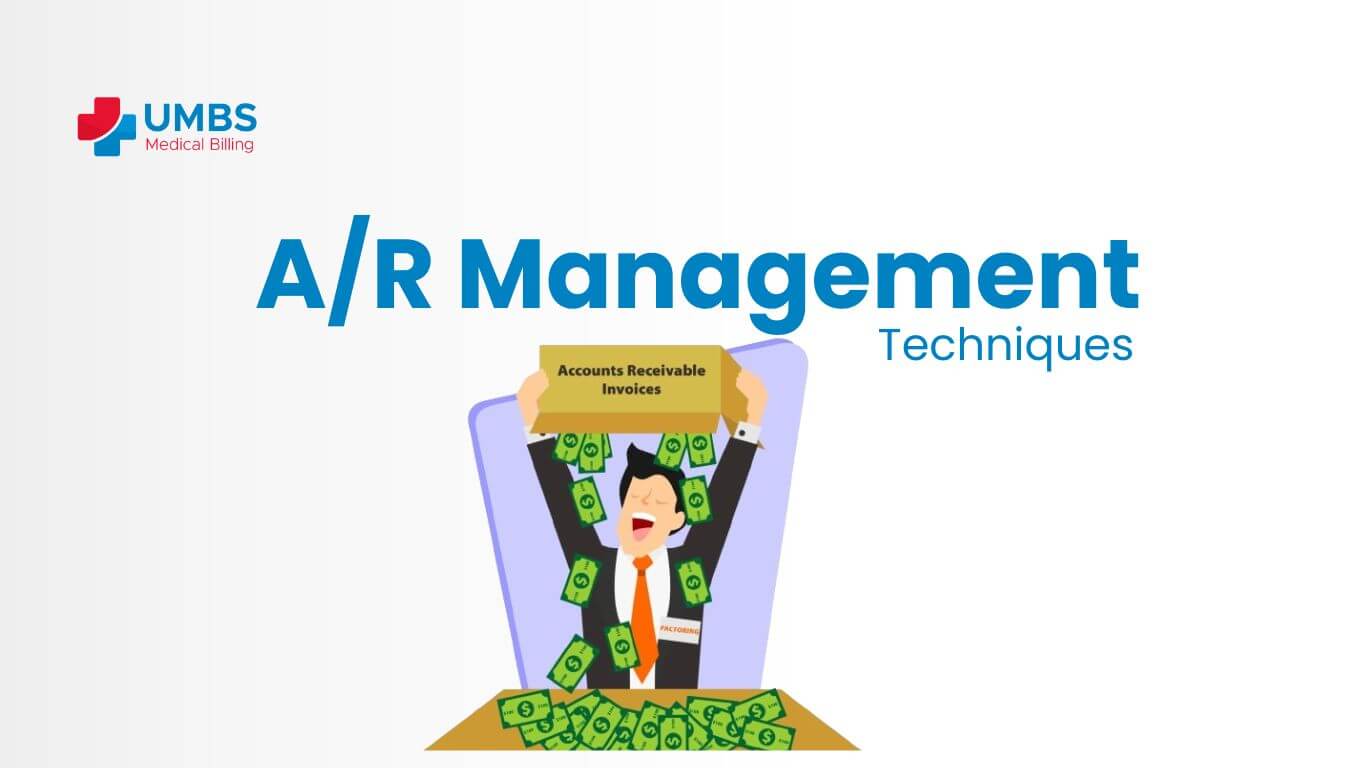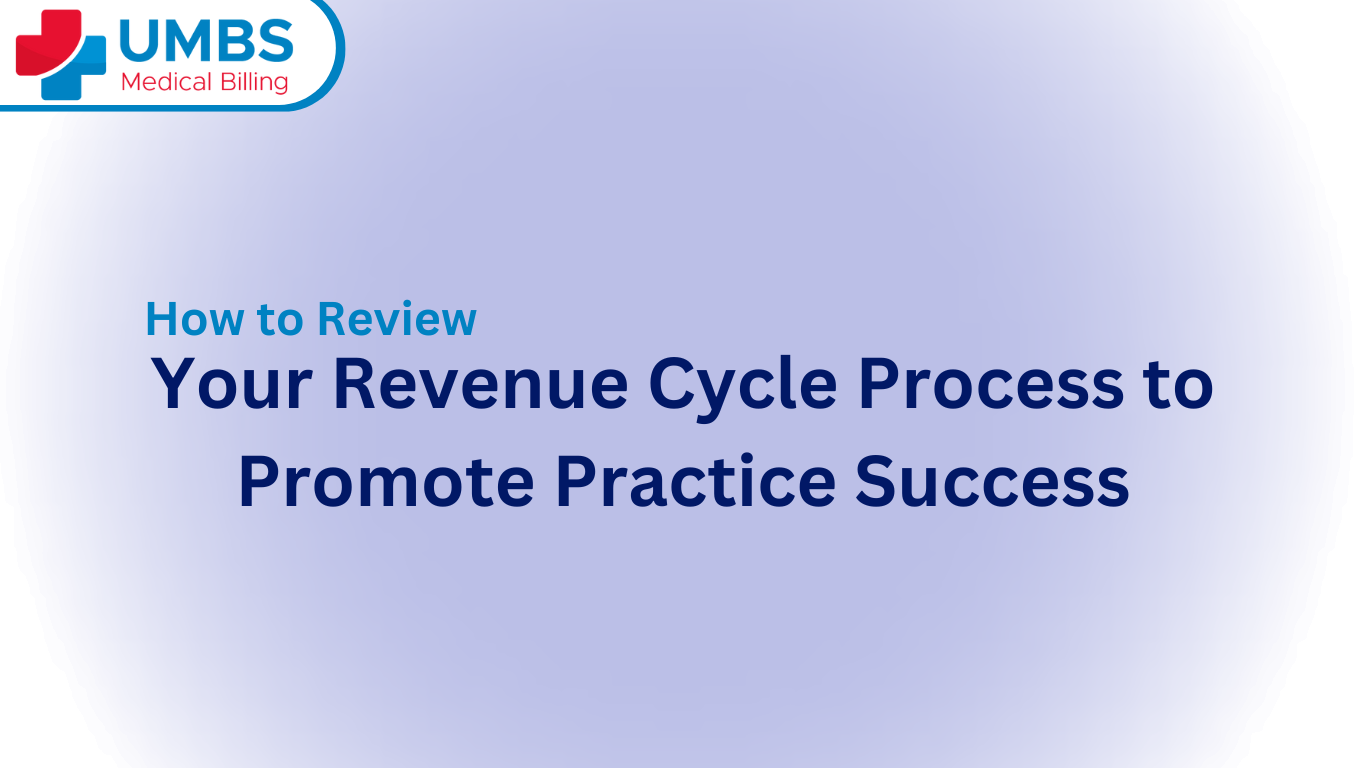In the intricate world of healthcare financials, the journey from service delivery to revenue realization traverses the landscape of accounts receivable. This critical juncture is where the financial health of a healthcare practice is truly put to the test. Efficient accounts receivable management isn’t just about numbers; it’s a strategic approach that optimizes revenue cycles, enhances cash flow, and ensures the seamless financial operation of a practice.
Let’s delve into the intricacies of efficient accounts receivable management and its profound impact on the financial landscape of healthcare.
Read More: Achieving Compliance in Medical Billing: A Comprehensive Guide
The Accounts Receivable Conundrum
Accounts receivable represent the outstanding balances owed to a healthcare practice for services rendered. Managing this delicate balance requires a blend of accuracy, diligence, and strategic prowess. The challenges range from delayed reimbursements and claim denials to navigating the complexities of insurance networks. Inefficient accounts receivable management can lead to revenue leakage, financial strain, and operational inefficiencies.
1- The Power of Proactivity
Efficient accounts receivable management is synonymous with proactivity. It involves meticulously tracking claims, addressing potential issues before they escalate, and ensuring that claims are submitted promptly and accurately. A proactive approach minimizes the risk of delayed reimbursements, reduces administrative bottlenecks, and accelerates the overall cash flow.
2- Navigating Claim Denials
Claim denials are a reality in healthcare financials, but they’re also opportunities for correction and growth. A/R management involves analyzing the root causes of denials, implementing corrective measures, and strategically resubmitting claims. This approach transforms claim denials into lessons learned, ensuring a higher likelihood of successful reimbursement.
3- Data-Driven Insights
At the heart of efficient accounts receivable management lies the power of data-driven insights. By accessing comprehensive reports that highlight key metrics, healthcare practices can make informed decisions to optimize financial outcomes. These insights illuminate trends, identify areas for improvement, and guide strategic planning for financial success.
4- Enhanced Patient Relationships
Efficient accounts receivable management is a testament to a practice’s commitment to patient satisfaction. By promptly addressing billing inquiries, offering transparent explanations of charges, and resolving billing disputes, practices build trust and foster positive patient relationships. Satisfied patients are more likely to remain loyal and recommend the practice to others.
5- The Path to Financial Excellence
Efficient accounts receivable management isn’t just a process; it’s a commitment to financial excellence. It’s about maximizing revenue potential, optimizing cash flow, and ensuring that the financial operations of a practice run smoothly. By streamlining operations and addressing challenges with precision, healthcare practices can navigate the complexities of A/R and create a foundation for long-term financial success.
Conclusion
In conclusion, efficient A/R management is the heartbeat of a financially sound healthcare practice. It’s the bridge that transforms services into revenue and operational challenges into opportunities for growth. By embracing a proactive approach, leveraging data-driven insights, and prioritizing patient satisfaction, practices can navigate the complexities of A/R with finesse, ensuring a seamless financial operation that supports their mission of delivering quality patient care.
Also Read: Financial Recovery After the COVID-19 Pandemic: Best Practices






